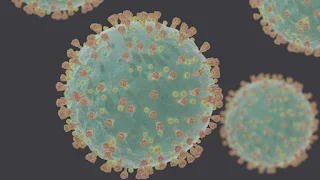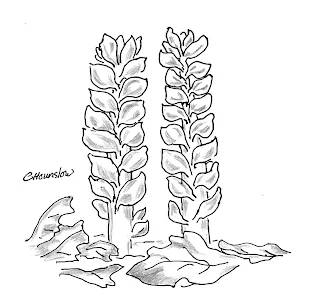Here we have yet another example of the malevolence of any creative intelligence that can come up with so much of nature. In this case we have a type of obligate, endoparasitic bacterium that lives in plant cells and prevents the plant from reproducing while the plant supports bacterial reproduction, in what has been termed 'zombification' - where a parasite converts the host to work for it, often against its own interests.
This pathogen is currently imposing a major economic burden on those least able to bear it - third-world farmers.
Two teams of researchers have worked to explain exactly how this bacterium works. The Lipmann Insitute press release explains:
Phytoplasma are a type of bacteria that live within the cells and cause devastating diseases with damaging effects. For example, in many cases plants infected with phytoplasma are no longer able to develop flowers. These plants have actually been described as "zombies," since they allow the reproduction of phytoplasma but are unable to reproduce themselves anymore. A group of biologists based at Friedrich Schiller University and the Fritz Lipmann Institute in Germany are working to help better understand exactly how phytoplasma cells bring about the so-called zombification of plants.




















